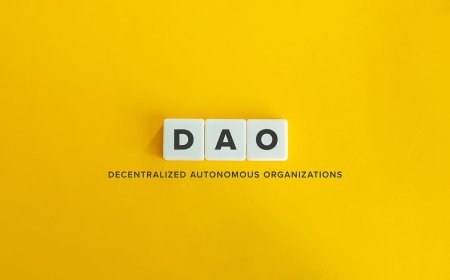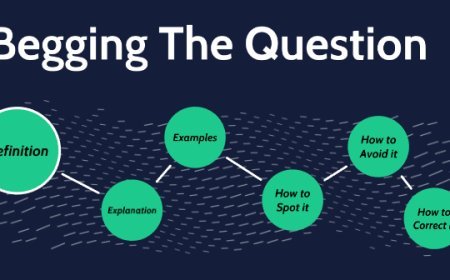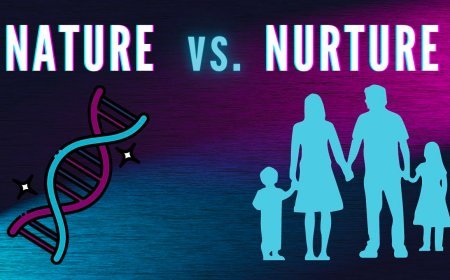Intrinsic vs Extrinsic Value
In our daily lives, we constantly evaluate things—people, objects, experiences—based on how much they matter to us. This concept of worth, or value, can be broken down into two fundamental types: intrinsic value and extrinsic value.

Understanding Intrinsic and Extrinsic Value
The concepts of intrinsic value and extrinsic value are fundamental to understanding why we place a certain worth on objects, experiences, and even abstract ideas like happiness. At its core, the distinction is simple: does something have value in and of itself, or does it have value because it helps us get something else?
Intrinsic Value: The End Goal

Intrinsic value refers to the value an item or concept holds in and of itself, independent of any external factors or its usefulness. It is inherently good or desirable, not because of what it can lead to, but simply because it exists. It's the kind of value that needs no justification beyond itself. Philosophers often describe a thing with intrinsic value as an end, not a means to an end.
Common examples of things with intrinsic value are:
-
Human Life and Dignity: Most ethical systems hold that human life has intrinsic value and is an end in itself, not a means to an end. This is the foundation for human rights.
-
Happiness and Pleasure: We don't want to be happy to achieve something else; we want happiness for the sake of being happy.
-
Love: The value of love is in the feeling and connection itself.
-
Beauty and Aesthetic Experience: The wonder of a sunset or a powerful piece of music is an end in itself. You don't value a great symphony for what it does for you, but because the experience of listening to it is inherently valuable.
Extrinsic Value: A Means to an End

In contrast, extrinsic value (also known as instrumental value) is the value something has because it helps us achieve something else we consider valuable. It's a means to an end. The worth of an object or action is derived from its relationship to other things. Extrinsic value is often much easier to quantify or measure than intrinsic value.
Examples of things with extrinsic value include:
-
Money: Money has no inherent value on its own. Its worth comes from what it can buy: a house, food, or experiences.
-
A Car: A car's value is in its ability to provide transportation, a sense of freedom, or a way to get to work. Its value is tied to its function and is not inherent.
-
A Job: While a job can provide a sense of purpose (intrinsic), its primary value is often extrinsic—it provides income to pay for life's necessities and luxuries.
Can an Object Have Both?
Something can possess both types of value simultaneously, though one may be more dominant depending on the context. Consider a college degree.
-
Extrinsic Value: You pursue a college degree because it can lead to a better job, a higher salary, and a more comfortable lifestyle. The degree is the instrument that helps you achieve these goals.
-
Intrinsic Value: The same college degree might also have intrinsic value in the form of the knowledge you gain, the friendships you form, and the personal growth you experience. This learning and development are valuable for their own sake, regardless of the job you get afterward.
This concept extends to other objects. While a car typically has extrinsic value for its function, a classic vintage car can also be valued as a form of art. In this case, its intrinsic value as an object of beauty and craftsmanship exists alongside its extrinsic value as transportation.
Is Intrinsic Value Objective or Subjective?
This leads to a core debate in the philosophy of value: is intrinsic value objective or subjective?
-
Objective Intrinsic Value: This view holds that intrinsic value is a property that certain things possess, regardless of whether a conscious being is there to perceive it. For example, a tree in a remote forest has intrinsic value simply because it is a living organism with its own purpose or "telos" to live, grow and reproduce. Its value doesn't rely on human perception.
-
Subjective Intrinsic Value: This view argues that value, even intrinsic value, is ultimately a creation of a conscious mind. The car's intrinsic value as a beautiful object only exists because a human mind is there to appreciate its beauty. Without that perceiver, the car is just a piece of metal.
A more comprehensive view suggests that both forms of value can exist. The beauty of a sunset is a subjective, intrinsic value, while the human dignity of another person is often considered an objective, intrinsic value.
Why This Distinction Matters
Understanding the difference between intrinsic and extrinsic value is a powerful tool for making conscious decisions. It helps us evaluate whether we are chasing goals for their own sake or simply as a way to get something else. By recognizing and prioritizing things with intrinsic value, we can lead more fulfilling and purpose-driven lives, rather than getting caught in a never-ending chase for things that only have value because of what they can get us.
For philosophical distinction between intrinsic and extrinsic motivation, please read this article: Intrinsic vs extrinsic motivation
What's Your Reaction?
 Like
0
Like
0
 Dislike
0
Dislike
0
 Love
0
Love
0
 Funny
0
Funny
0
 Angry
0
Angry
0
 Sad
0
Sad
0
 Wow
0
Wow
0





















